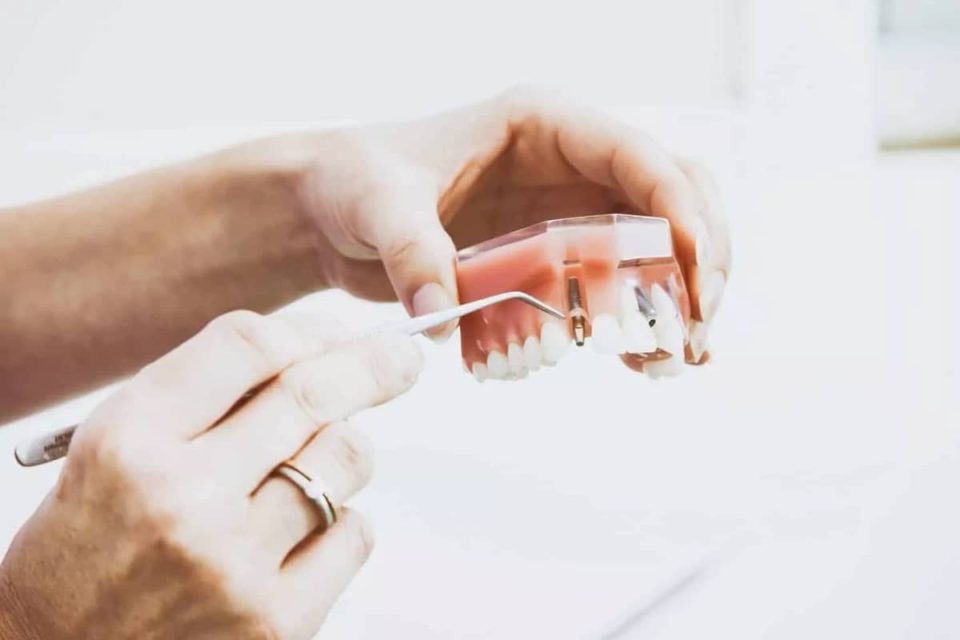When it comes to having oral implants fitted, many people have worries that the surgery will be uncomfortable, or that it will prompt an infection.
Both of these are reasonable worries, but in relation to the first point, your dentist will either use a local anaesthetic or sedation if you are a patient who has a nervous disposition.
As for the latter point, as with all surgeries, there is a slight risk that the site of the oral implant will become infected and if you suspect an infection, you need to seek medical help from your dentist as soon as possible.
There are a few things that can happen that can cause issues with the fitting of dental implants Melbourne, and in this article, the top ones will be explained, along with what your dental team can do to correct or minimise them.
Infection
As mentioned before, when you have oral implants fitted, there is a slight chance of an infection developing. Especially because the surgery is taking place in your mouth, which is home to millions of bacteria.
To counteract the risk, your dentist may start you on prophylactic antibiotics, especially if you have had oral infections in the past.
Alternatively, you may be started on antibiotics if an infection is identified. If you suspect an infection, you need to contact your dentist as soon as possible, as the swelling can dislodge the oral implant. Signs of infection to look out for include excessive discomfort, fever, feeling or being sick, and swelling around the implant site.

Movement
An implant, even a newly fitted one, should not move.
In fact, if you can feel the implant moving, this is usually caused by an improper fitting or due to you putting too much weight on it too soon after it was fitted.
If you suspect movement, contact your dentist right away. They will be able to identify the cause and, if necessary remove and refit the implant.
Bone stability
This is not an issue that often occurs straight after an oral implant is fitted, but rather a few months or even years later.
Due to ailments which may have not been diagnosed at the time the implant(s) were fitted, your jaw bone may become unstable, and cause your implants to fall out. The most common culprit of this is osteoporosis. So, if you have a family history of osteoporosis, then please state this to your dentist at your implant consultation, and they may decide to fit you with a different implant type to the traditional endosteal.
Gum disease
It can be insidious, but if you suspect that you have gum disease due to swelling or bleeding coming from your gums, you need to see your dentist immediately.
Left untreated, gum disease destroys the tendons in the mouth, as well as the jaw bone, potentially causing the destabilisation of any teeth or oral implants you have fitted.
Sinus issues (upper only)
If your dentist was not careful when fitting oral implants on your upper jaw, they may have accidentally punctured your sinuses. Yikes! This can be identified by persistent headaches and issues with a ‘bunged up nose.’ This will require surgery to correct and will involve the removal of your oral implants.
DISCLAIMER OFFSITE
Any surgical or invasive procedure carries risks. Before proceeding you should seek a second opinion from an appropriately qualified health practitioner.

